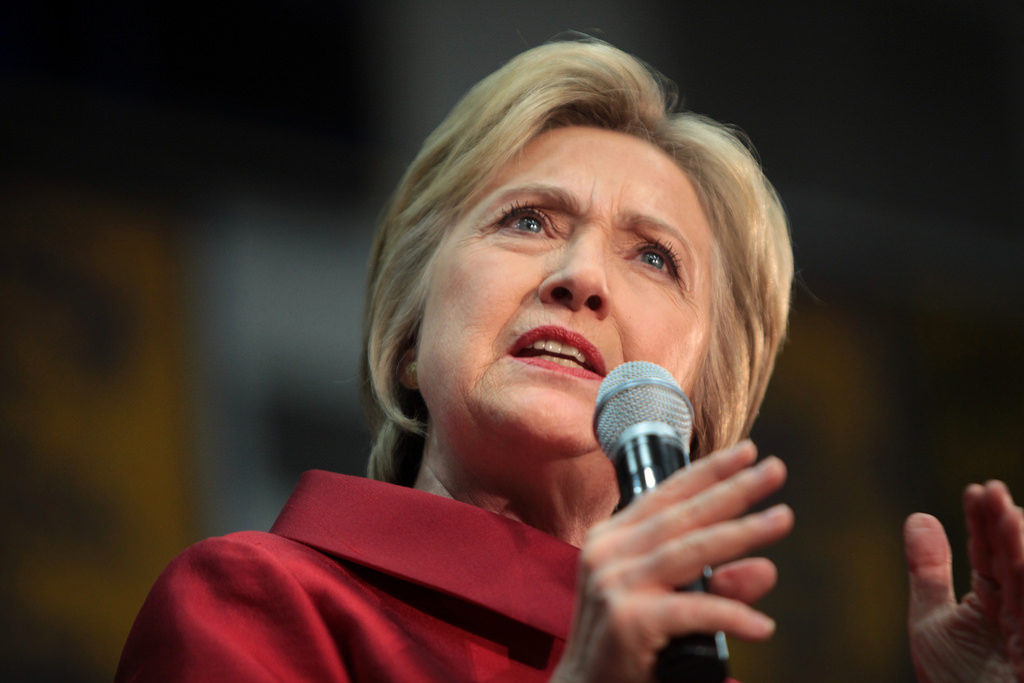During his “State of the Commonwealth” address earlier this month, Governor Ralph Northam (D) announced in his 2019 legislation package that he would work with the Democratic caucus in the Virginia General Assembly to repeal the law requiring voters to present a photo identification at the ballot box. Although progressives believe they hold the moral high ground insofar as they are “increasing access to the voting booth,” what they fail to believe is that proposals to rescind the laws are widely unpopular across the U.S.
Currently, Virginia is classified as a “strict photo ID” state, along with Georgia, Indiana, Kansas, Mississippi, Tennessee, and Wisconsin.
The accepted forms of identification to vote in Virginia elections are a valid U.S. passport, valid Virginia driver’s license or ID card, valid Virginia DMV-issued veteran’s ID card, valid tribal enrollment or other tribal ID issued by one of 11 tribes recognized by Virginia, valid student ID card from within Virginia if it includes a photo, any other identification card issued by a government agency of the Commonwealth, one of its political subdivisions, or the U.S., and an employee identification card containing a photograph of the voter and issued by an employer of the voter in the ordinary course of the employer’s business.
Nevertheless, Northam’s push to remove the requirement that voters are legally required to show a form of identification containing a photograph in order to be allowed to vote is patroned by Senator Mamie Locke (D-Hampton Roads) in S.B. 1447, and by Delegate Kaye Kory (D-Fairfax) in H.B. 2565.
A Rasmussen poll from late 2017 found that 70 percent of U.S. voters still think those at the ballot box should be required to show photo identification before being allowed to vote. Moreover, a study published in May 2017 in the Social Science Quarterly showed that although political elites heatedly disagree over voter ID laws, “the issue is not particularly polarizing at the mass level.”
The researchers categorically concluded that:
“Republicans have won the ‘framing war’ over voter ID, largely neutralizing the Democratic voter suppression frame, even among average Democrats.”
Patrick Miller, a political science professor at the University of Kansas who co-authored the study, said in The Washington Times that “Republican voters view voter ID as a moral issue – a question of right or wrong. Democrats, meanwhile, were victims of their own ignorance…not realizing that favoring voter ID could hurt their party’s goals.”





